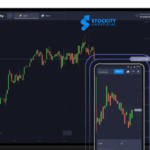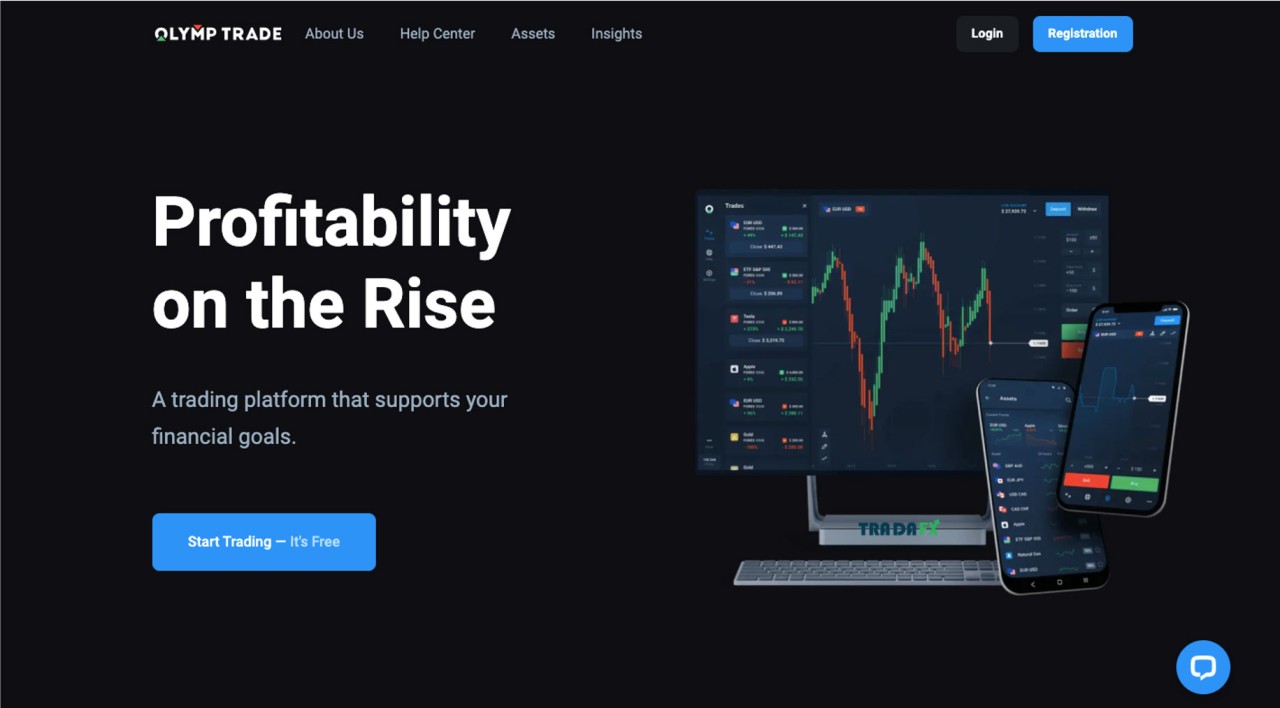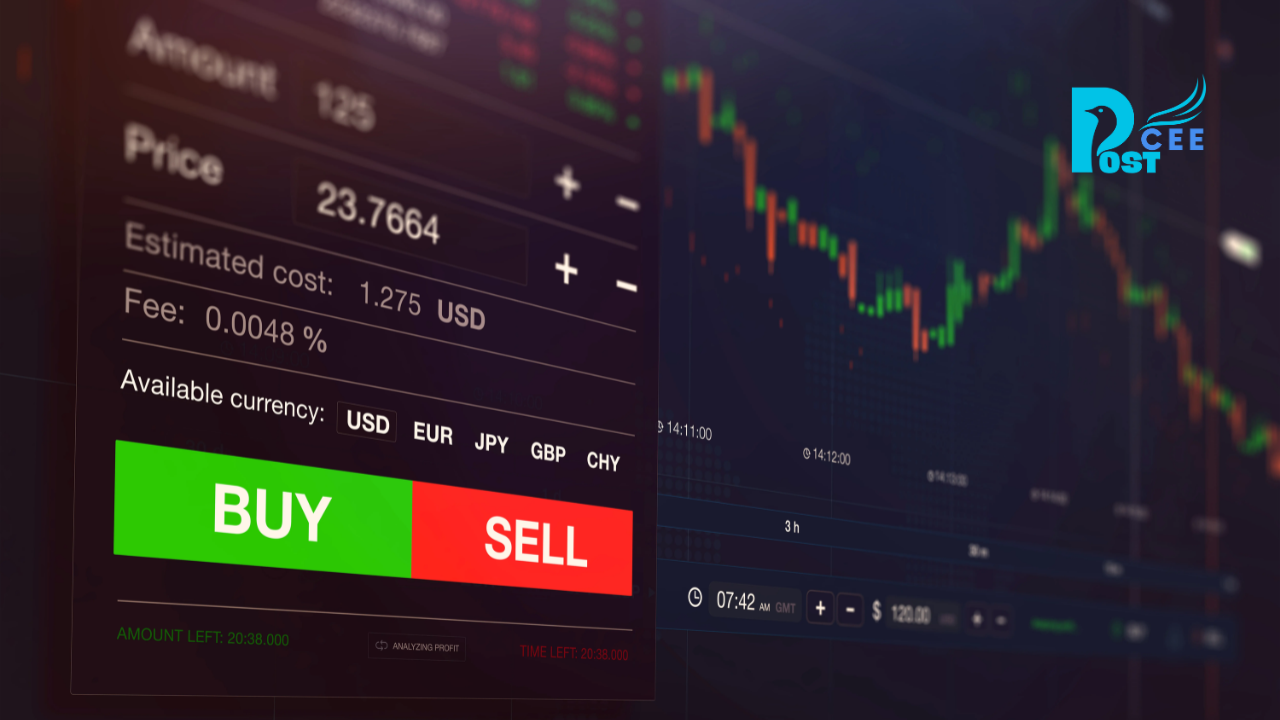Olymp Trade has emerged as a prominent online trading platform, offering individuals around the world the opportunity to engage in financial markets and explore the world of trading. With its user-friendly interface, comprehensive educational resources, and innovative features, Olymp Trade has become a popular choice for both novice and experienced traders alike. In this article, we will delve into the key aspects of Olymp Trade and how it empowers traders to pursue their financial goals.
What is Olymp Trade?
Olymp Trade is an online trading platform that facilitates trading in various financial instruments, including stocks, currencies, commodities, and cryptocurrencies. Launched in 2014, Olymp Trade has quickly gained popularity for its accessibility, reliability, and commitment to providing a seamless trading experience for its users. The platform is available on both web and mobile devices, allowing traders to access the markets anytime, anywhere.
Key Features and Benefits
- User-Friendly Interface: Olymp Trade features a simple and intuitive interface that makes it easy for traders to navigate the platform and execute trades efficiently. Whether you’re a beginner or an experienced trader, you’ll find the platform’s layout and design to be user-friendly and accessible.
- Educational Resources: One of the standout features of Olymp Trade is its extensive educational resources designed to help traders improve their knowledge and skills. From video tutorials and webinars to articles and interactive courses, the platform offers a wealth of educational materials to support traders at every stage of their journey.
- Demo Account: For those new to trading or looking to practice their strategies without risking real money, Olymp Trade offers a demo account feature. This allows traders to trade with virtual funds in real market conditions, providing a risk-free environment to hone their skills and test different trading strategies.
- Variety of Assets: Olymp Trade offers a diverse range of financial instruments for trading, including currency pairs, stocks, commodities, and cryptocurrencies. This allows traders to diversify their portfolios and take advantage of opportunities in different markets.
- Analytical Tools: The platform provides a range of analytical tools and indicators to help traders make informed trading decisions. From technical analysis tools to market news and economic calendars, Olymp Trade equips traders with the information they need to stay ahead of market trends and identify profitable trading opportunities.
How Does Olymp Trade Work?
To start trading on Olymp Trade, users need to create an account and complete the registration process. Once registered, traders can deposit funds into their account using a variety of payment methods, including credit/debit cards, e-wallets, and bank transfers. With funds deposited, traders can then choose from a variety of financial instruments and execute trades based on their market analysis and trading strategy.
Olymp Trade offers various types of trading, including classic options, digital options, and forex trading. Traders can select the type of instrument they wish to trade, specify their investment amount and expiry time, and then place their trade. Depending on market conditions and the outcome of their trade, traders can earn a profit or incur a loss.
Empowering Traders Worldwide
In conclusion, Olymp Trade has emerged as a leading online trading platform, providing individuals worldwide with the tools and resources they need to participate in the financial markets. With its user-friendly interface, comprehensive educational resources, and diverse range of financial instruments, Olymp Trade empowers traders to pursue their financial goals with confidence. Whether you’re a beginner looking to learn the basics of trading or an experienced trader seeking new opportunities, Olymp Trade offers a platform that caters to traders of all levels.
Exploring Trading in Various Financial Markets: A Guide to Diversifying Your Investment Portfolio

Register Now !!Trading in various financial markets has become increasingly popular among investors seeking to diversify their investment portfolios and capitalize on opportunities in different asset classes. From stocks and currencies to commodities and cryptocurrencies, the world of trading offers a wide range of options for investors to explore. In this article, we will delve into the key aspects of trading in various financial markets and how it can benefit investors.
Understanding Different Financial Markets
- Stock Market: The stock market is perhaps the most well-known financial market, where investors buy and sell shares of publicly traded companies. Stocks represent ownership in a company and can provide investors with potential capital appreciation and dividends.
- Forex Market: The foreign exchange (forex) market is the largest and most liquid financial market in the world, where currencies are traded. Forex trading involves buying one currency while simultaneously selling another, with the aim of profiting from fluctuations in exchange rates.
- Commodities Market: The commodities market involves trading in physical or tangible goods such as gold, oil, silver, and agricultural products. Commodities serve as essential raw materials for various industries and are traded on exchanges around the world.
- Cryptocurrency Market: The cryptocurrency market is a relatively new and rapidly growing financial market, where digital currencies such as Bitcoin, Ethereum, and Litecoin are traded. Cryptocurrencies operate on decentralized networks using blockchain technology and offer investors opportunities for speculation and investment.
Benefits of Trading in Various Financial Markets
- Diversification: One of the primary benefits of trading in various financial markets is diversification. By spreading investment across different asset classes, investors can reduce the risk of significant losses and achieve a more balanced portfolio. Different asset classes may have different risk-return profiles, and diversification helps mitigate the impact of volatility in any single market.
- Opportunity for Profit: Trading in various financial markets provides investors with opportunities to profit from price movements in different assets. For example, while stocks may offer long-term growth potential, currencies and commodities may present short-term trading opportunities based on market trends and geopolitical events.
- Hedging Against Risk: Trading in different financial markets allows investors to hedge against specific risks associated with individual asset classes. For instance, investing in commodities such as gold or oil can provide a hedge against inflation or geopolitical instability, while holding foreign currencies can mitigate currency risk in international investments.
- Access to Global Markets: With advancements in technology and the rise of online trading platforms, investors can easily access global financial markets from anywhere in the world. This level of accessibility enables investors to capitalize on opportunities in international markets and diversify their investment exposure beyond their home country.
Considerations for Trading in Various Markets
- Risk Management: While trading in various financial markets offers opportunities for profit, it also involves inherent risks. It’s essential for investors to have a clear understanding of the risks associated with each asset class and implement risk management strategies to protect their capital.
- Education and Research: Successful trading in various financial markets requires a solid understanding of market dynamics, trading strategies, and technical analysis. Investors should invest time in educating themselves and conducting thorough research before making investment decisions.
- Adaptability: Financial markets are dynamic and subject to constant change. Successful traders must be adaptable and able to adjust their strategies based on changing market conditions, economic indicators, and geopolitical events.
- Discipline and Patience: Trading in various financial markets requires discipline and patience. Investors should avoid succumbing to emotional impulses and adhere to their trading plans and risk management rules.
Diversifying Your Investment Portfolio
In conclusion, trading in various financial markets offers investors a range of benefits, including diversification, profit opportunities, risk hedging, and access to global markets. By exploring different asset classes such as stocks, currencies, commodities, and cryptocurrencies, investors can build a well-rounded investment portfolio that is resilient to market fluctuations and aligned with their financial goals. However, it’s essential for investors to approach trading with caution, discipline, and a commitment to ongoing education and research. With careful planning and strategic decision-making, trading in various financial markets can be a rewarding endeavor for investors seeking to optimize their investment returns and achieve long-term financial success.















